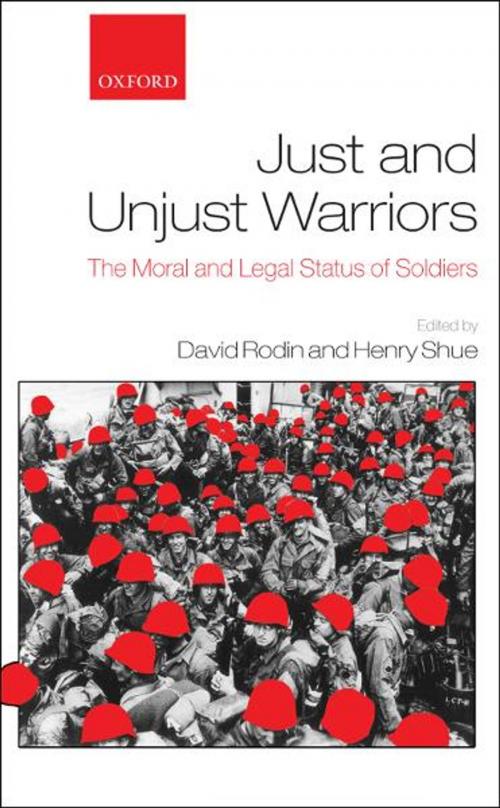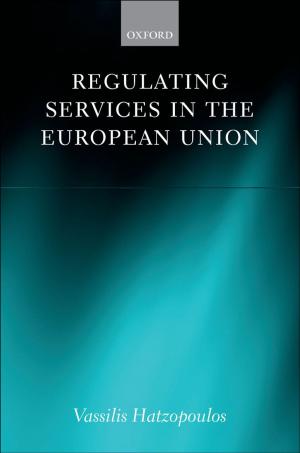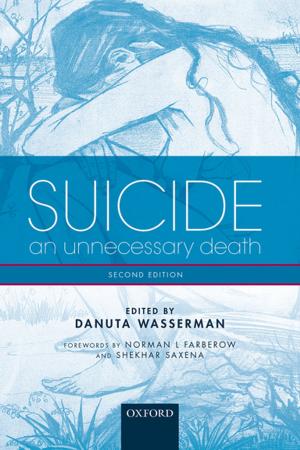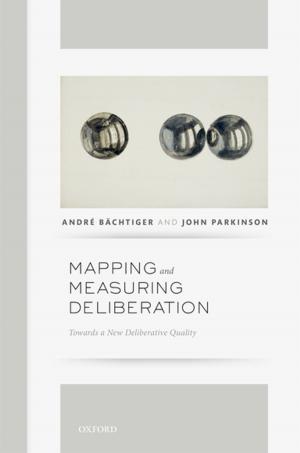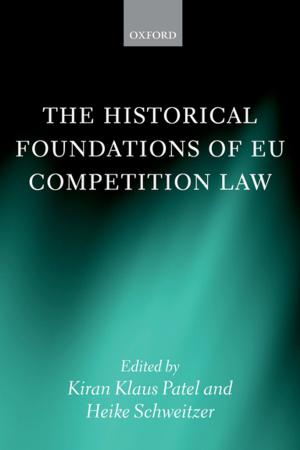Just and Unjust Warriors : The Moral and Legal Status of Soldiers
The Moral and Legal Status of Soldiers
Nonfiction, Social & Cultural Studies, Political Science, International, International Relations, Religion & Spirituality, Philosophy| Author: | David Rodin ; Henry Shue | ISBN: | 9780191615627 |
| Publisher: | OUP Oxford | Publication: | July 17, 2008 |
| Imprint: | OUP Oxford | Language: | English |
| Author: | David Rodin ; Henry Shue |
| ISBN: | 9780191615627 |
| Publisher: | OUP Oxford |
| Publication: | July 17, 2008 |
| Imprint: | OUP Oxford |
| Language: | English |
Can a soldier be held responsible for fighting in a war that is illegal or unjust? This is the question at the heart of a new debate that has the potential to profoundly change our understanding of the moral and legal status of warriors, wars, and indeed of moral agency itself. The debate pits a widely shared and legally entrenched principle of war-that combatants have equal rights and equal responsibilities irrespective of whether they are fi ghting in a war that is just orunjust-against a set of striking new arguments. These arguments challenge the idea that there is a separation between the rules governing the justice of going to war (the jus ad bellum) and the rules governing what combatants can do in war (the jus in bello). If ad bellum and in bello rules are connectedin the way these new arguments suggest, then many aspects of just war theory and laws of war would have to be rethought and perhaps reformed. This book contains eleven original and closely argued essays by leading figures in the ethics and laws of war and provides an authoritative treatment of this important new debate. The essays both challenge and defend many deeply held convictions: about the liability of soldiers for crimes of aggression, about the nature and justifi ability of terrorism, about the relationship between law and morality, the relationship between soldiers and states, and the relationship between the ethics of warand the ethics of ordinary life.This book is a project of the Oxford Leverhulme Programme on the Changing Character of War.
Can a soldier be held responsible for fighting in a war that is illegal or unjust? This is the question at the heart of a new debate that has the potential to profoundly change our understanding of the moral and legal status of warriors, wars, and indeed of moral agency itself. The debate pits a widely shared and legally entrenched principle of war-that combatants have equal rights and equal responsibilities irrespective of whether they are fi ghting in a war that is just orunjust-against a set of striking new arguments. These arguments challenge the idea that there is a separation between the rules governing the justice of going to war (the jus ad bellum) and the rules governing what combatants can do in war (the jus in bello). If ad bellum and in bello rules are connectedin the way these new arguments suggest, then many aspects of just war theory and laws of war would have to be rethought and perhaps reformed. This book contains eleven original and closely argued essays by leading figures in the ethics and laws of war and provides an authoritative treatment of this important new debate. The essays both challenge and defend many deeply held convictions: about the liability of soldiers for crimes of aggression, about the nature and justifi ability of terrorism, about the relationship between law and morality, the relationship between soldiers and states, and the relationship between the ethics of warand the ethics of ordinary life.This book is a project of the Oxford Leverhulme Programme on the Changing Character of War.
